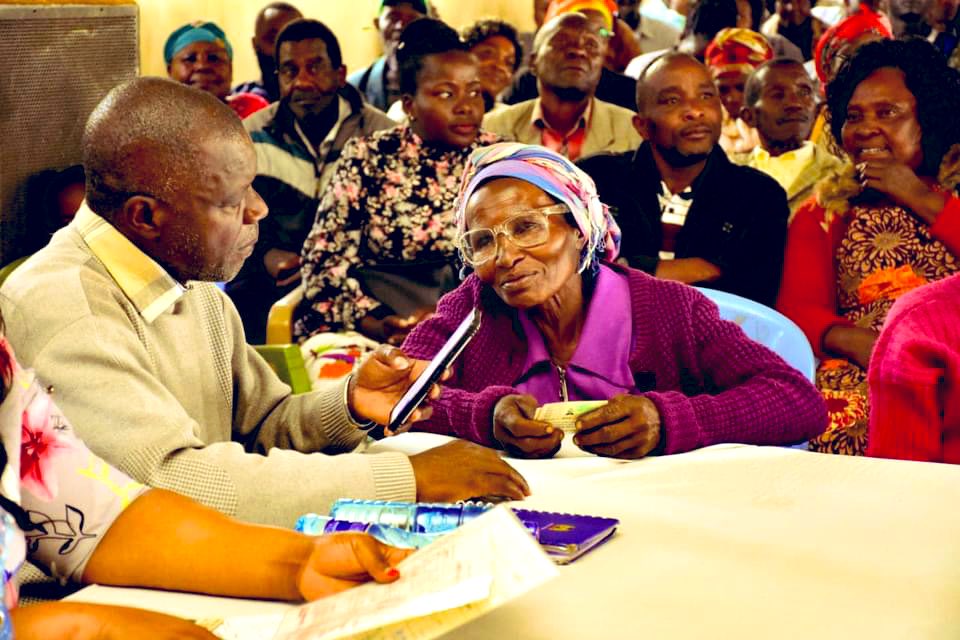Ministry of Health issues warning on nicotine products as health risks rise

Concerned about the growing popularity of nicotine-containing products among young people, Muthoni urged them to prioritise their health.
Young Kenyans have been urged to steer clear of vapes, nicotine pouches, electronic cigars, and other emerging substances, as the Ministry of Health highlights the serious long-term health risks associated with their use.
Public Health Principal Secretary Mary Muthoni issued a warning, emphasising that these products could lead to severe health complications, including cancer and other life-threatening illnesses.
More To Read
- Health facilities in petrol stations, homes given six months to move or face closure
- Kenya to expand malaria prevention in Turkana with digital monitoring
- Ministry of Health seeks Sh6 billion budget boost amid accountability concerns
- Health Ministry introduces graphic warnings for emerging tobacco products
“Research has shown that these substances have dire health implications in the future,” Muthoni said.
“We urge our youth to avoid using them for the sake of their well-being.”
Speaking during a church service in Embu, Muthoni highlighted the immediate and long-term consequences of using these substances.
She stressed that while they may offer temporary satisfaction, they often come with lasting negative health effects.
Concerned about the growing popularity of nicotine-containing products among young people, Muthoni urged them to prioritise their health.
“These products are becoming a significant health risk. We must act now to protect our future generations,” she added.
Muthoni further assured the public that the Ministry of Health had enhanced surveillance for Mpox and Human Metapneumovirus (HMPV) at all entry points into the country.
“There is no need for alarm. Kenya has not recorded any cases of the HMPV virus, and the government will continue to enhance testing and monitoring to ensure the safety of all citizens,” she said.
Human metapneumovirus (HMPV) is known to cause upper respiratory infections, including the common cold. While it typically results in mild illness, it can lead to severe symptoms, particularly in children, the elderly, and individuals with weakened immune systems.
The World Health Organisation identifies HMPV as a significant cause of respiratory illness worldwide.
It spreads through respiratory droplets from an infected person or via contaminated surfaces, such as doorknobs, with subsequent contact with the eyes, nose, or mouth.
Top Stories Today



















